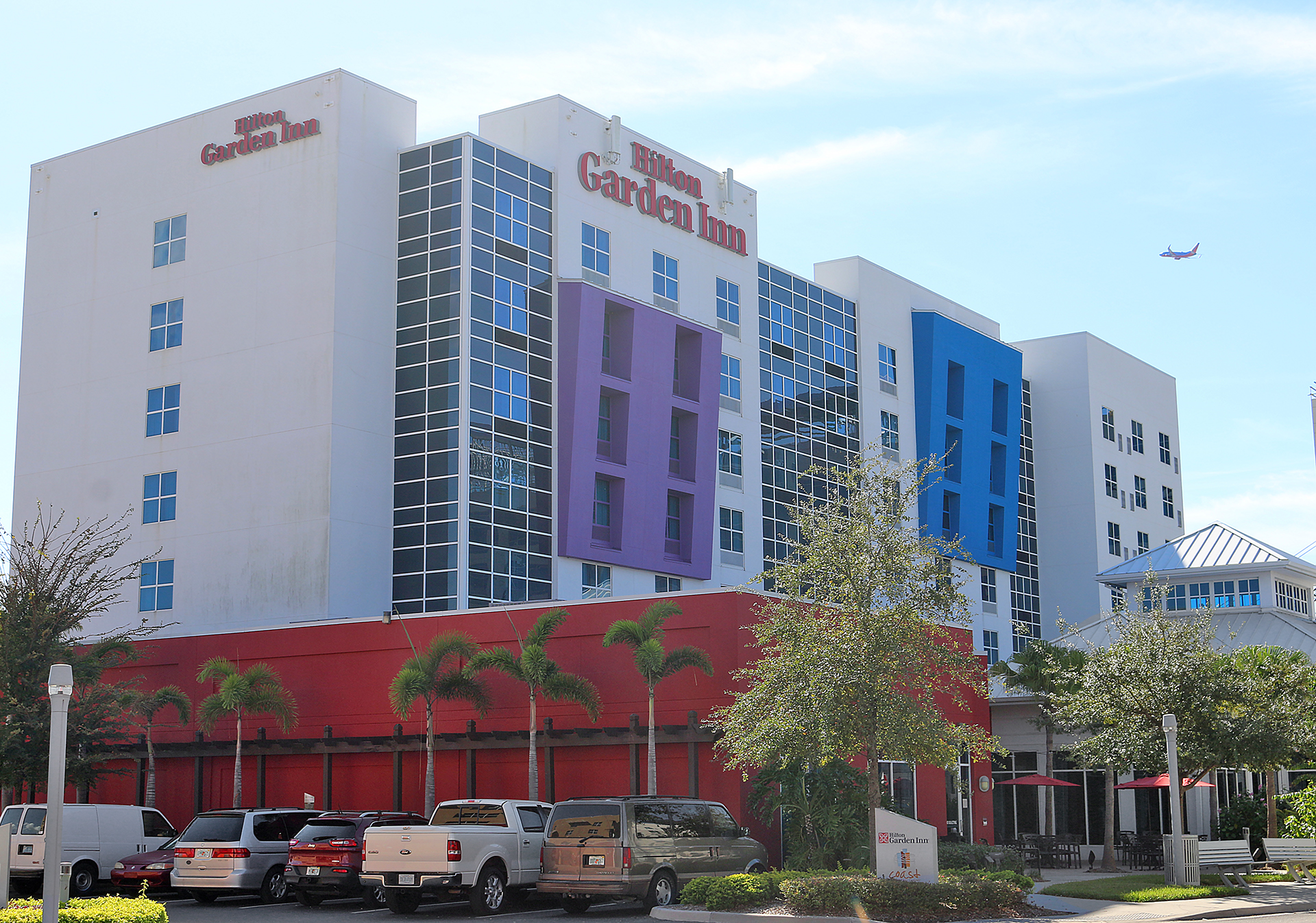Brands purportedly help to differentiate from competing options — but pertaining to hotel and resort properties, are too many brands diluting the lodging experience for guests?
Are Too Many Brands Diluting the Lodging Experience For Guests?

The general purpose of a hotel property is to give travelers an option to be able to rest well for the night when they are too far away from home. Although the minimum benchmark may vary, guests want a comfortable bed in a clean room with a toilet and potable running water. Virtually every lodging option — from a spartan hostel to an ostentatiously luxurious resort property — fulfills those basic requirements…
…but in recent years, the number of brands of only nine multinational lodging companies have increased significantly to 213 — and that was back in April of 2023. Several more brands have been introduced since then.
Brands are not inexpensive to create when including the cost of the architecture and design of physical properties of the building itself, the logo and corporate identity of the brand, furniture and other accessories to furnish the public areas and private rooms of each building, and personnel. The cost is in the millions of dollars with each new brand when all is said and done — and that money comes out of the budgets of both lodging companies and the franchisees who operate each individual hotel or resort property.
As an example, InterContinental Hotels Group officially announced the launch of its new midscale conversion brand — Garner – an IHG Hotel — on Wednesday, August 16, 2023. This is brand number 19 for InterContinental Hotels Group. “Many owners have expressed their desire to work with a high-quality conversion brand at a lower price point, and IHG has developed Garner based on their feedback and insight. In addition to the benefit of accessing IHG’s global sales organization, strong low-cost distribution systems and lower procurement costs, owners will value the brand’s flexible approach to conversions. IHG will work with each owner and property site to evaluate the level of renovation required, while still providing Garner’s brand-defining hallmarks and experience.”
Garner – an IHG Hotel as a brand may initially sound like a way for guests to save money; but rather, it is purportedly a way for operators of hotel properties to join the portfolio of brands of InterContinental Hotels Group without being required to adhere to the minimum standards of any of its other 18 brands, as doing so could potentially be expensive. Besides, find out the reasons why you may want to consider avoiding staying at hotel and resort properties that are part of conversion brands.

Established brands have suffered as well: Hilton Garden Inn was once — and still is, in many cases — a reliable brand with which guests can expect certain minimum standards which they have come to expect over the years. It was always considered a step up from Hampton Inns and Suites because the accommodations were better; and members who have earned elite level status with the Hilton Honors membership program were able to enjoy a complimentary hot breakfast as a choice benefit of the brand…
…but with the implementation of the daily food and beverage credit by Hilton in July of 2021 within the United States — which was extended until further notice last year in 2022 — the hot breakfast at Hilton Garden Inn was no longer complimentary. Along with the upgrading of beds and other items at Hampton Inns — which offer a free complimentary breakfast to all guests — a stay at a Hilton Garden Inn in the United States does not seem like such a great value after all.

At one time — not long after Hilton Hotels Corporation acquired Promus Hotel Corporation and expanding its family of brands to include the DoubleTree, Embassy Suites, Hampton Inn, and Homewood Suites brands back in 1999 — Hampton Inns offered a significantly better experience than Fairfield Inns from Marriott International, Incorporated. Then again, a stay for a night at a Fairfield Inn was also significantly less expensive than a comparable night at a Hampton Inn.
Fast forward to 2023, during which spending greater than $200.00 for a night at a Fairfield Inn is not unusual — but the brand has been greatly upgraded and refreshed over the years. Similar to the way the Civic was upgraded by Honda to the point at which the manufacturer of motor vehicles needed to release the Fit as a model that was a step below, so did Marriott International, Incorporated introduce inexpensive brands of which Fairfield Inn was no longer the base brand. With Spark by Hilton introduced as a premium economy brand — and, arguably, other brands such as Tru by Hilton, which was reviewed at The Gate With Brian Cohen — Hampton Inn is no longer the base economy brand.
Now Marriott has at least 32 brands and Hilton has at least 20 brands.
Final Boarding Call

Only so much can be done with lodging options to be differentiated enough to warrant a separate brand. They all still need to have a reasonably comfortable bed, be clean, and have potable running water. Butler service, free continental breakfast, hotel properties that are friendly to the environment, and the health and wellness of guests as a main theme are only four of myriad ways the brands are marketed and advertised to potential guests.
To help prove this point, take this quiz and see if you can guess the hotel brand based on the room.
Perhaps lodging companies should take a cue from airlines, which are costlier and more restrictive to operate. Remember when airlines tried to launch new airline subsidiaries as their own separate brands — such as song with Delta Air Lines, Ted with United Airlines, and Continental Lite with Continental Airlines? None of those ideas worked; but the Basic Economy fare — or, at least, the avoidance of it by passengers — has been successful for the airlines. No new brand needed to be created.
What I have just opined is from a business standpoint. I would really dislike lodging companies adapting a similar Basic Economy room rate policy where a reservation for a room costs extra — although nonrefundable rates have already been in force for years; and free cancellation policies have been extended from 6:00 on the night of the stay to as much as two weeks in advance…
…but I believe that lodging companies simply have too many brands — and when too many brands exist, differentiators between them become limited and insignificant. Think about it: would you pay significantly more money for a stay in a room at a more upscale brand than that of a less expensive brand if the differentiation in value was minimal at best?
All photographs ©2015, ©2022, and ©2023 by Brian Cohen.

